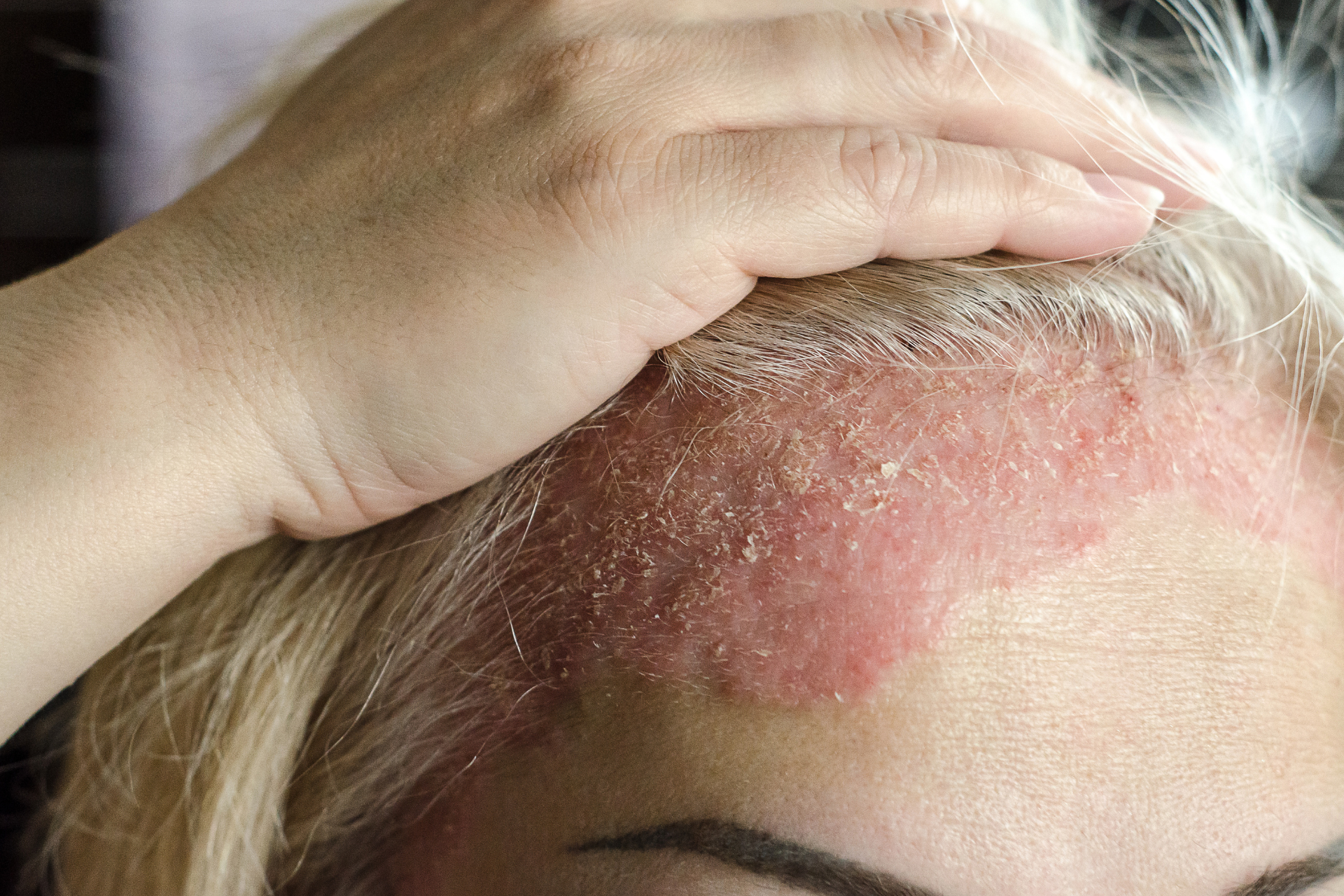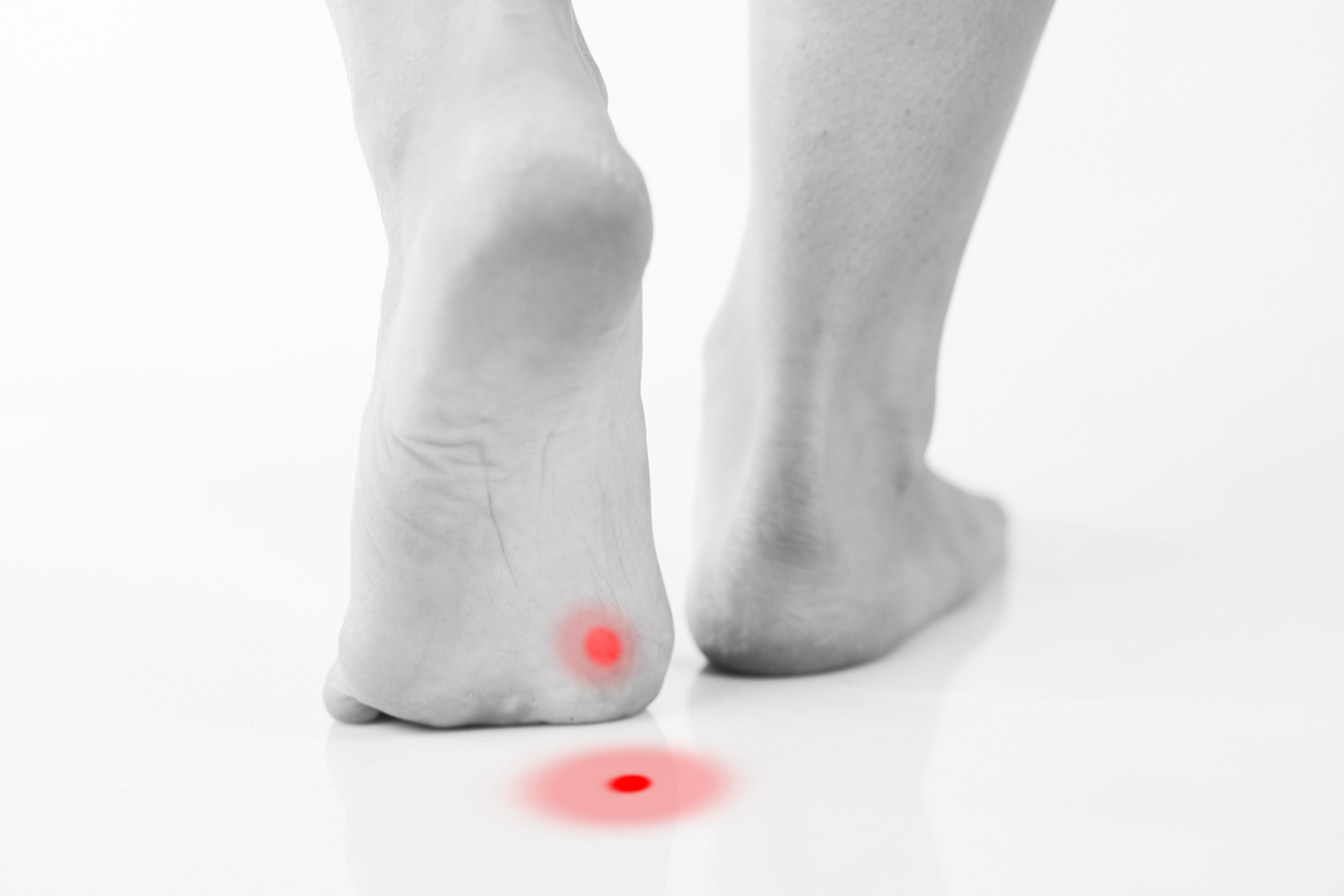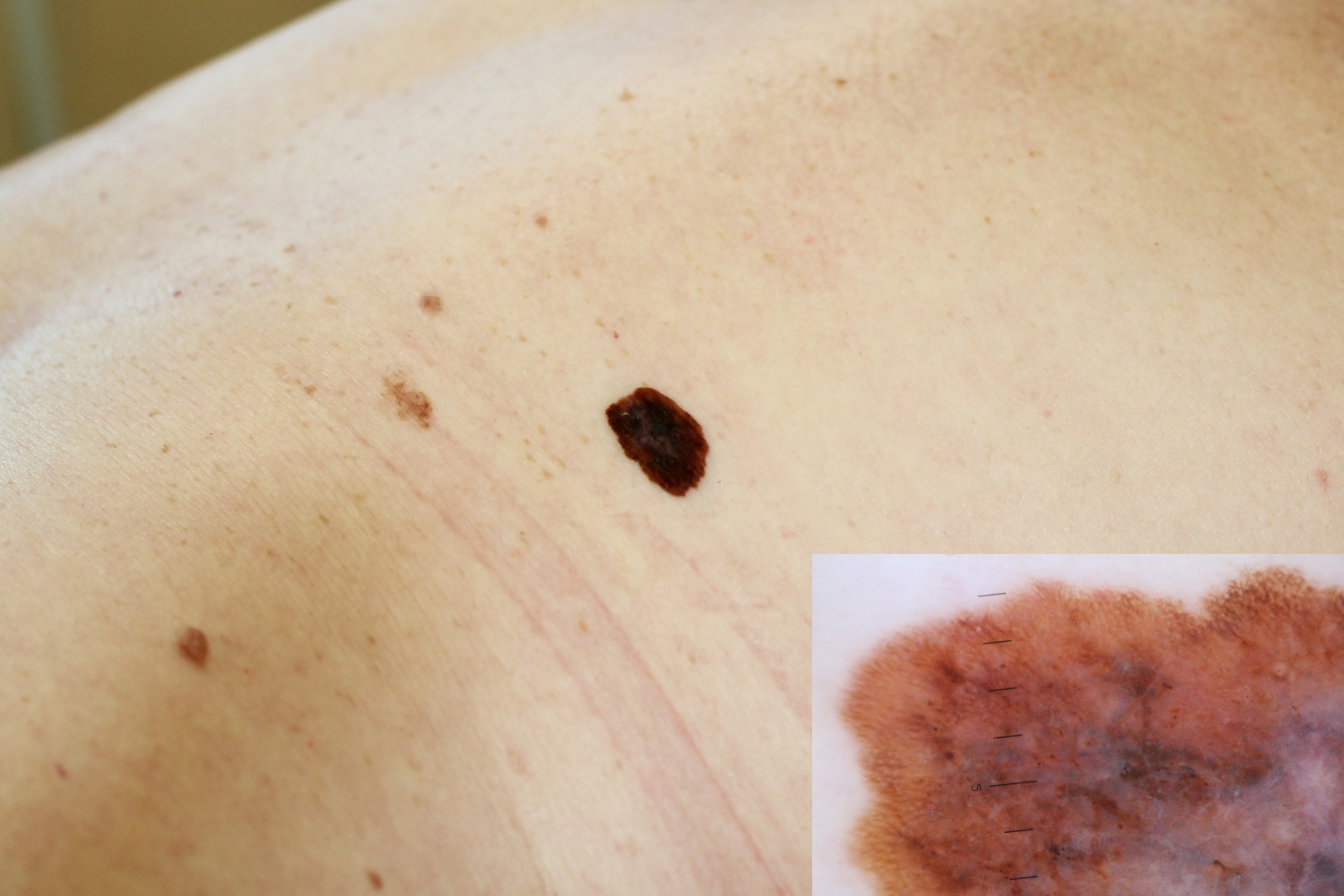Understanding and Managing Psoriasis

Psoriasis is a chronic skin condition that affects millions of people worldwide. If you or a loved one is dealing with psoriasis, it's essential to understand this condition in order to effectively manage its symptoms and improve your quality of life. In this blog post, we'll delve into what psoriasis is, its common symptoms, causes, and most importantly, how you can manage and treat this skin condition.
What is Psoriasis?
Psoriasis is a common autoimmune disease that causes the rapid growth of skin cells. This results in the formation of thick, silvery scales, red patches, and sometimes painful lesions on the skin's surface. Psoriasis can affect any part of the body but is commonly found on the elbows, knees, scalp, and lower back. The exact cause of psoriasis is not fully understood, but researchers believe that genetics, immune system dysfunction, and environmental factors play a role in its development.
Common Symptoms of Psoriasis
Psoriasis presents itself differently in each individual, but common symptoms include:
1. Red patches of skin covered with thick, silvery scales
2. Dry, cracked skin that may bleed
3. Itching, burning, or soreness
4. Thickened, pitted, or ridged nails
5. Swollen and stiff joints
Causes of Psoriasis
Psoriasis is believed to be triggered by a combination of genetic predisposition and environmental factors. Factors that may exacerbate psoriasis symptoms include stress, injuries to the skin, infections, certain medications, and changes in weather. Additionally, a compromised immune system can trigger the rapid growth of skin cells, leading to the development of psoriasis lesions.
Managing and Treating Psoriasis
While there is currently no cure for psoriasis, several treatment options can help manage its symptoms and improve the quality of life for those affected. Here are some strategies for effectively managing psoriasis:
1. Topical Treatments
Over-the-counter creams, ointments, and shampoos containing ingredients like corticosteroids, salicylic acid, or coal tar can help reduce inflammation and alleviate itching and scaling.
2. Phototherapy
Phototherapy, or light therapy, involves exposing the skin to ultraviolet light, which can slow the rapid growth of skin cells and reduce inflammation. This treatment is usually administered in a clinic under medical supervision.
3. Systemic Medications
In severe cases of psoriasis, oral or injectable medications that target the immune system may be prescribed to help control symptoms and prevent flare-ups.
4. Lifestyle Changes
Maintaining a healthy lifestyle can help manage psoriasis symptoms. Eating a balanced diet, managing stress levels, avoiding triggers like alcohol and smoking, and maintaining good skincare habits can all contribute to better skin health.
Seeking Professional Care at Fall Creek Skin and Health Clinic
At Fall Creek Skin and Health Clinic, our team of experienced dermatologists and healthcare professionals is dedicated to providing comprehensive care for patients with skin-related issues, including psoriasis. We offer personalized treatment plans tailored to each patient's unique needs, with a focus on improving skin health and overall well-being.
If you or a loved one is struggling with psoriasis, don't hesitate to reach out to our clinic for expert evaluation and treatment options. With the right care and management strategies in place, you can effectively manage your psoriasis symptoms and lead a fulfilling life.
Understanding psoriasis is the first step towards effective management and treatment. By staying informed, seeking professional care, and implementing lifestyle changes, you can take control of your psoriasis and work towards healthier, happier skin. Remember, you're not alone in this journey – the team at Fall Creek Skin and Health Clinic is here to support you every step of the way.




